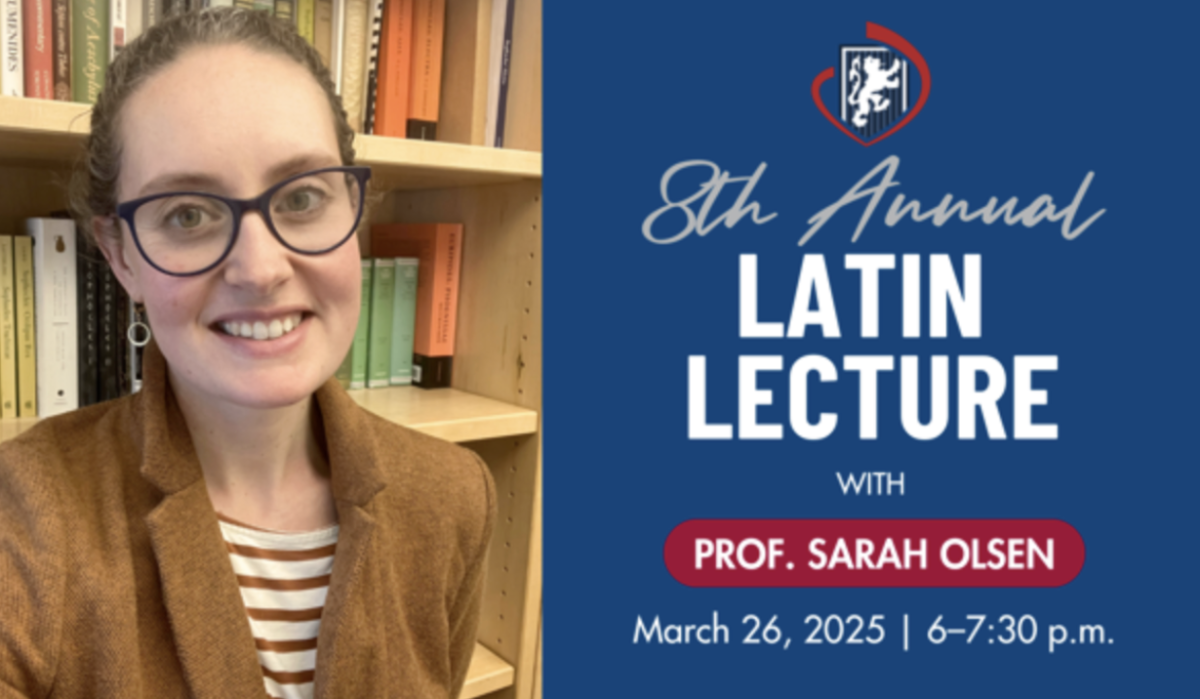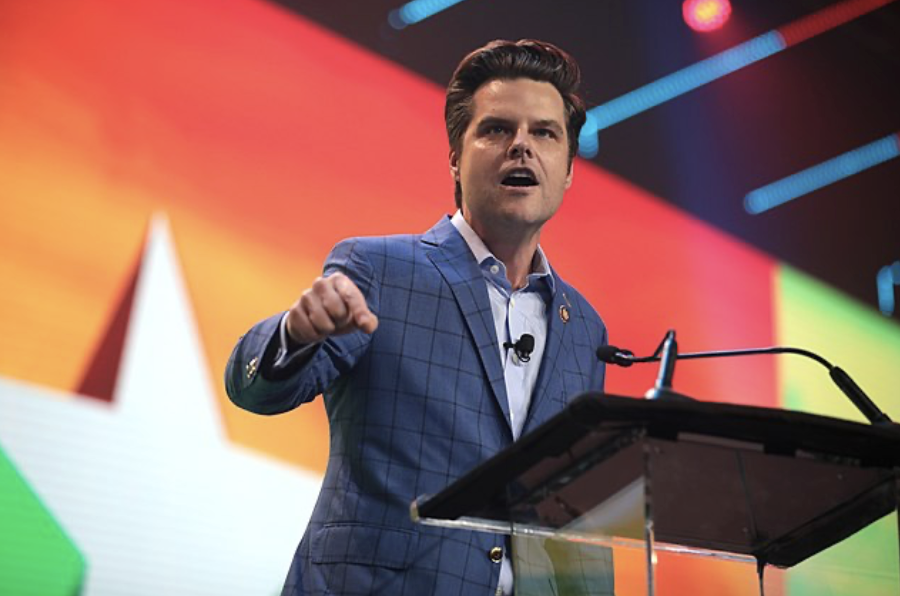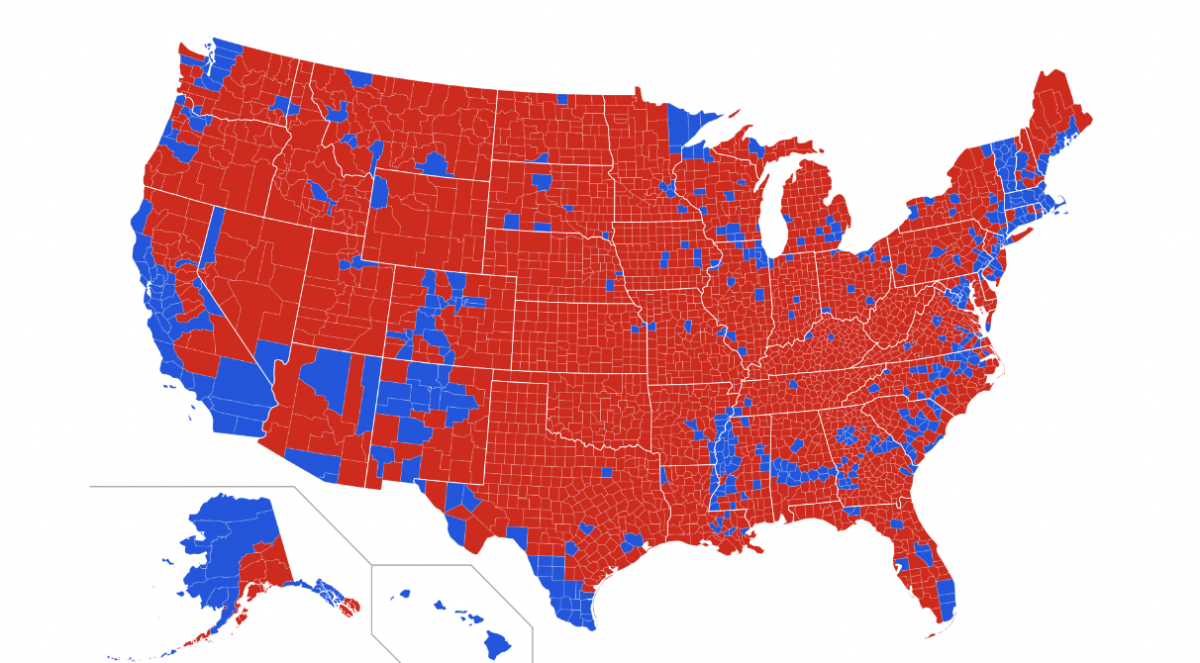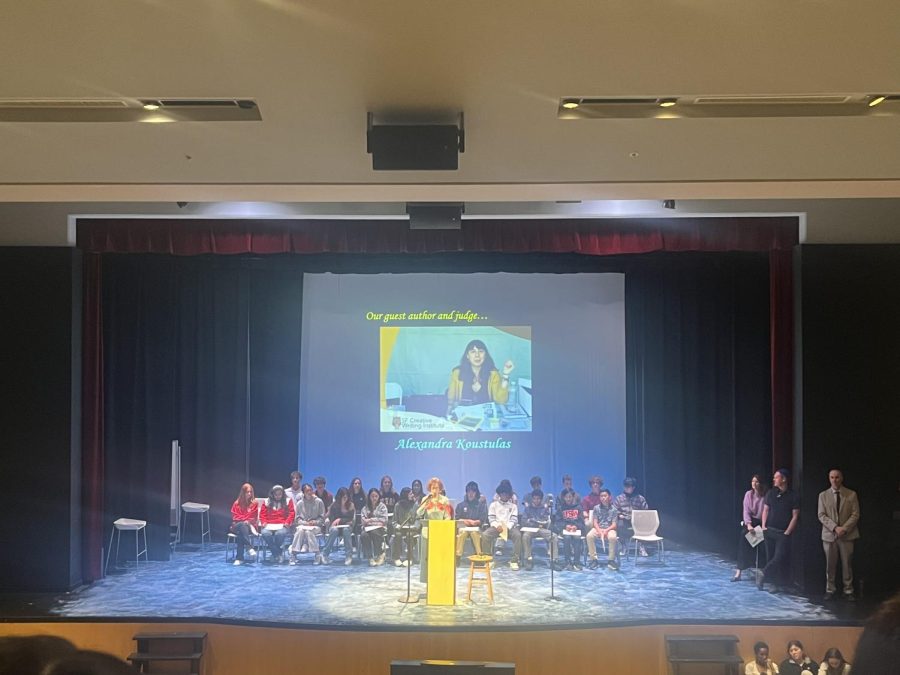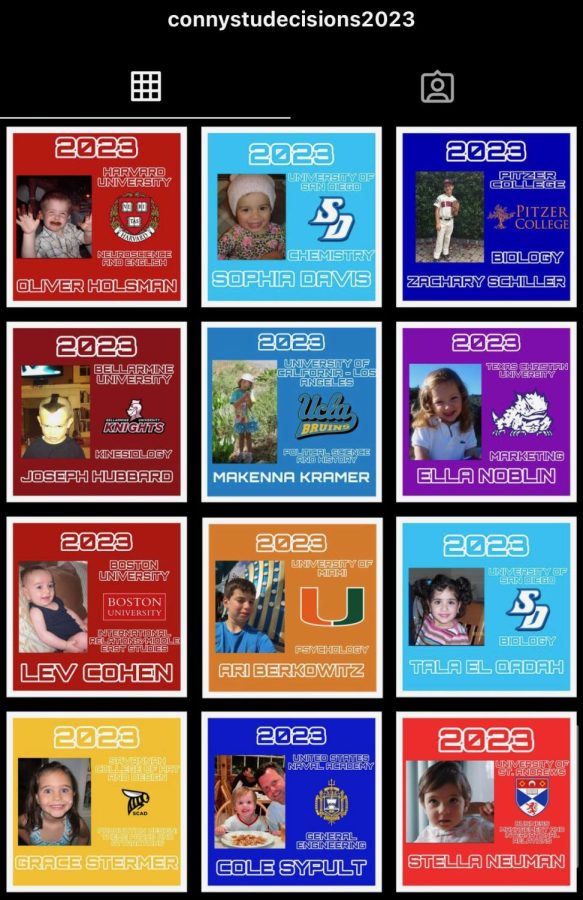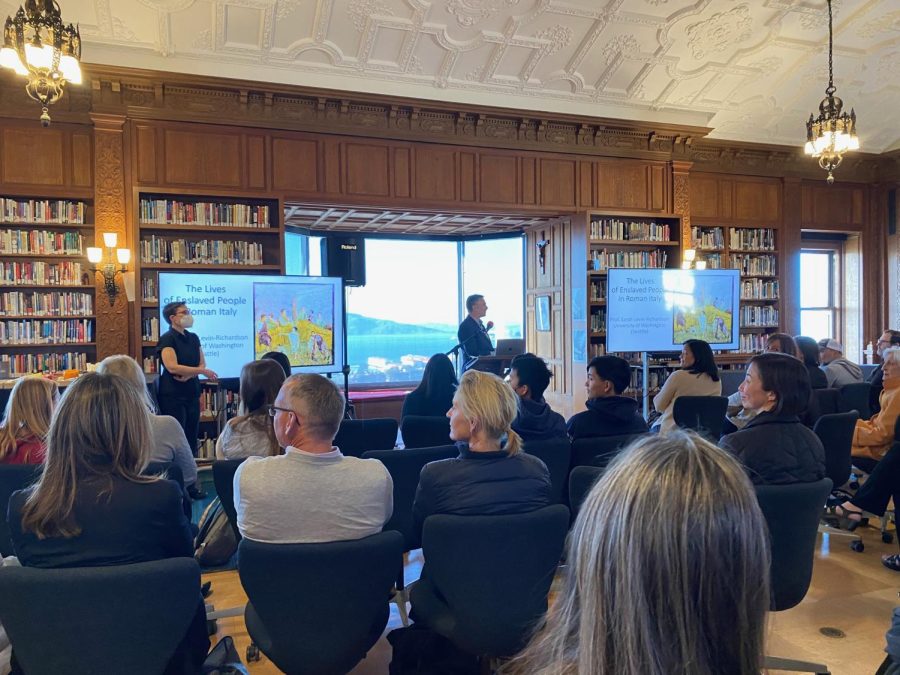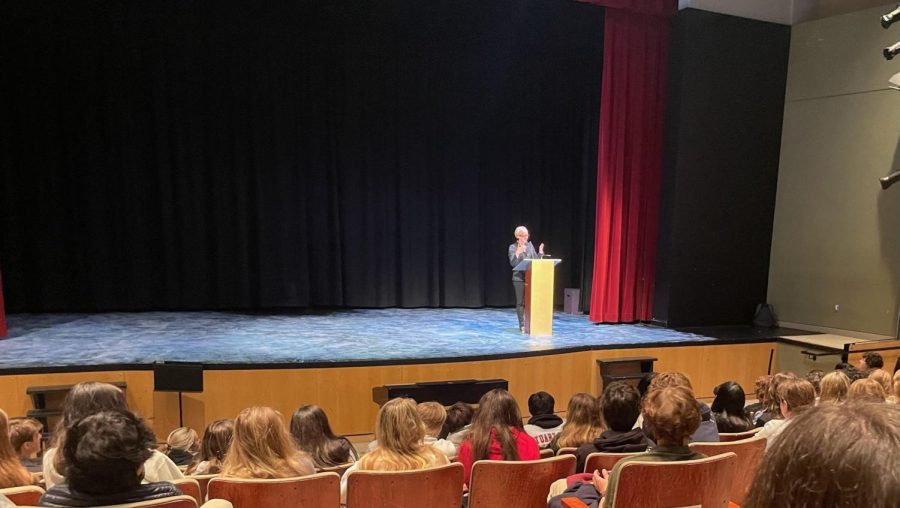Jovel Quierolo
Managing Editor
Junior Juliana Wetmore tears open an envelope from the Pacific Service Credit Union every month revealing a statement for the debit and checking account she opened for her summer earnings. She glances over how much she spent, checks the balance and tosses it into the recycling.
“I don’t really think about my finances,” said Wetmore. “It’s not really on my mind, but sometimes I think it should be. Maybe schools should be teaching us about money because the only way I’d learn would be on my own, and without my parents help that’s just scary.”
Even though high school students are growing closer to an age when they may assume full responsibility of their own money, financial literacy among teens is lacking in the United States. Only one in three teens know how to read a bank statement, balance a checkbook and pay bills, according to 2007 Charles Schwab survey on teens and money. Barely one in five had an idea how to invest.
“There is a struggle going on with how to educate the youth in managing their finances,” said Donna Dunbar, Institutional Retirement and Trust vice president at Wells Fargo Bank. “Young people should be learning how to manage their finances as soon as they start making money.”
According to the same Schwab survey, 45 percent of teens know how to use a credit card, while just 26 percent understand credit-card interest and fees.
“I have a bank account and use a credit card, but I’ve never had anyone really explain how everything works,” said senior Kat Armstrong.
Armstrong is not alone. Only nine states require testing of student knowledge on personal finance content and seven states require students to take a personal finance course to graduate, according to the National Council on Economic Education.
“I have a credit card, but I don’t know what a credit score is or how interest works,” said sophomore Alexis Glaros. “It’s not a main concern right now. But then again, I don’t really know when I’d like to start learning.”
A lack of financial literacy correlates with disturbing statistics on the country’s financial health. The number of 18 to 24 year olds declaring bankruptcy has increased 96 percent in 10 years, according to the Richmond Credit Abuse Resistant Education (CARE) program.
“In this culture, sometimes we spend without thinking about long term investments,” said Dunbar. “For teens, that could be buying a car. High school seniors should be thinking about college. They really should begin to learn how to manage their money on their own.”
Financial illiteracy is apparent in the adult population as well.
“Parents aren’t necessarily as smart as you think they are,” said Jocelyn Friday (’09), who is currently pursuing a dual major in computer science and economics at the University of St. Andrews. “There are plenty of adults in debt.”
About 49 percent of adults said they were concerned they had not paid enough attention to managing their finances, according to a 2007 Harris Poll.
With a minority of the nation’s states requiring a financial education and inconsistent parent involvement, teens can turn directly to financial institutions for help.
“It’s OK to go to a favorite financial institution, like Wells Fargo, and start talking to people in the branches,” said Dunbar.
The need for financial education in classrooms is growing exponentially across the country, according to the National Institute of Financial & Economic Literacy.
“There should be some kind of financial education in schools,” said Dunbar. “If people had better financial awareness, we could avoid instances like the various crises we’ve been going through.”
Financial literacy would benefit everyone with more responsible investors and better understanding of financial systems in today’s consumer society, according to Friday.
“Most professions revolve around global economies and their financial situations,” said Friday. “No matter what you end up in, we all end up having to manage our own finances.”
A safe option for students is to begin researching basic financial processes and learning about aspects of saving and budgeting, according to Dunbar.
“The advice and knowledge are readily available, but teens aren’t getting the information,” said Dunbar. “It is up to them to search out help to develop their financial independence.”






